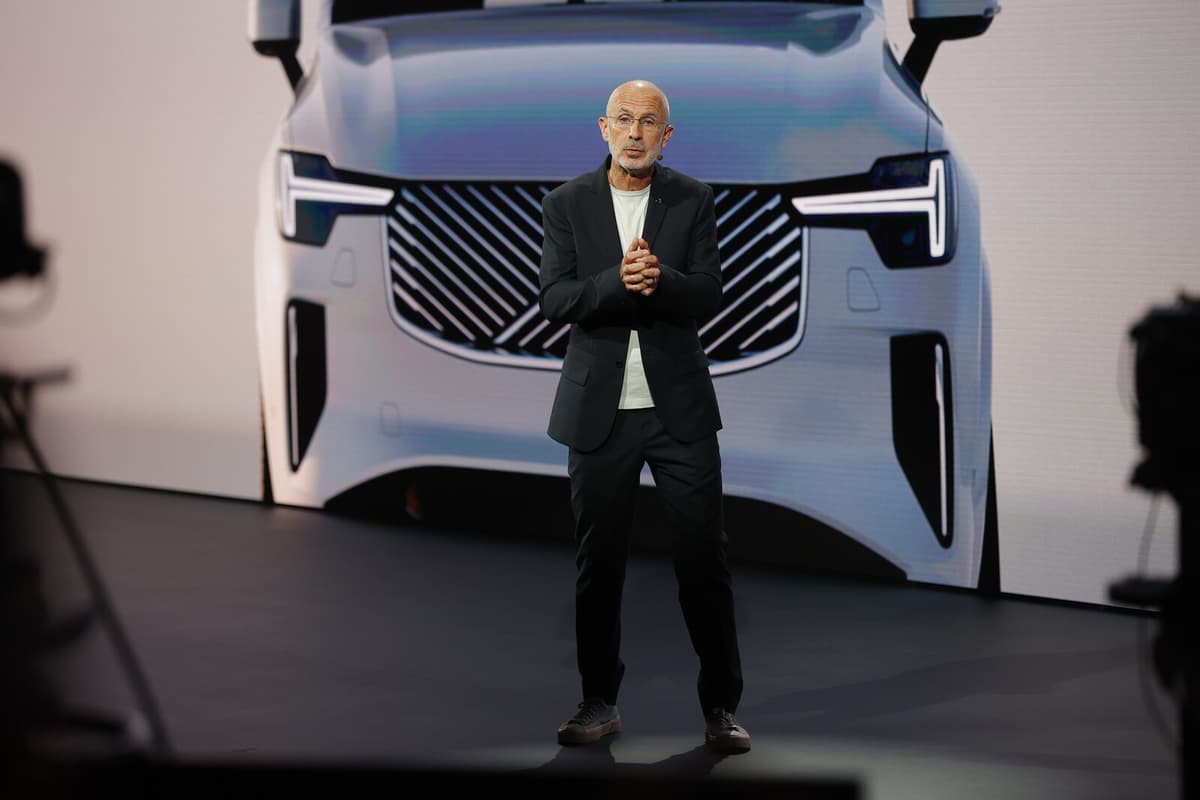Prior to the handover to Donald Trump, Biden's administration announced a number of measures in various areas. One of these has not received much attention, but may have significant consequences for Volvo Cars.
The regulation involves a sales ban on connected vehicles with technology developed or manufactured in China, based on a threat to national security.
This could affect Volvo Cars, with Chinese Geely as the main owner, notes SEB in a market letter.
It's a risk, I would say, notes stock strategist Esbjörn Lundevall.
According to Lundevall, it is primarily one parameter that determines:
Is Volvo Cars a company under Chinese control? It's a Swedish company with limited Chinese influence, but owned by a Chinese company, he says.
Introduced in March
The regulation is expected to be introduced as early as March, but will only apply to vehicles from model year 2027 and onwards.
Volvo Cars will present its next financial report on February 6, and this will be a natural question to CEO Jim Rowan, says Esbjörn Lundevall:
It's clear that it's a huge question for investors. Then whether the company has anything to say about it already is an even bigger question mark. I think you'll have to live with even more uncertainty.
The US market is Volvo Cars' second-largest, and accounted for 16 percent of total sales in 2024. The company has also invested heavily in the US, with a factory in the state of South Carolina. At the same time, the stock has gone downhill since the listing in 2021 and is down over 60 percent. This has been a blow to many small investors who entered the company in connection with the listing on the Stockholm Stock Exchange.
A Wet Blanket
The Chinese connection, however, lies like a wet blanket over the company, notes Esbjörn Lundevall.
Especially now that we've got a very concrete threat that is directly linked to the Chinese majority ownership. Then there are other things that are at least as important, the entire automotive industry has had a poor development, just like European car tariffs that have become a big issue.






